I recently talked to documentary photographer Laure d’Utruy, whose intimate and varied photography explores with sensitivity the concepts of identity, family, and disability. We wanted to share some of this with you, our readers, and speak with her about what motivates her to craft these inspiring images.
Laure’s work has been featured by a number of organizations including the New York Times and Wall Street Journal, the Independent Photographer, Musée Magazine, the Open Society Foundations and Getty Reportage. Laure was included in ARTPIL’s 2017 30 Under 30 Women Photographers and was shortlisted for a number of awards, including the Lucie Foundation Emerging Scholarship, International Women Photographers Award and the Taylor Wessing Photographic Portrait Prize.
Who are you, where do you come from and where are you now?
My name is Laure d’Utruy, I am a French photographer based in Berlin, Germany.
How and when did you first become interested in photography?
I have been interested in documentary photography since my early 20s, but mostly as a viewer and not a creator. I loved reading photography magazines and attending exhibitions in Paris when I lived there. I started my first documentary project in a gym club I was going to after my office hours (back then I was working in marketing and communication). It turned out that this gym club was a place where weight-lifting athletes were training. I followed and photographed them for a few months before putting the project together in a book. It was called “The Velvet Dumbell” and I remember it as a life-changing experience. I later joined the University of the Arts London in the UK for a Masters in Documentary Photography, which was an unforgettable adventure.
What about photography do you find most interesting or meaningful?
All the encounters I have through my photography projects, all the places I discover, the experience I gain.
What were the biggest challenges you faced when starting as a photographer?
I joined a course in London where most of my classmates already had a pretty serious background in photography, we were meant to come with our technical skills… which I did not have. I was just using the camera with my guts. So I had a lot to catch up with. My second biggest obstacle was overcoming my shyness and going out of my comfort zone to approach people and photograph them
How did you get yourself through those difficult periods?
It was important for me to keep in mind the ultimate purpose of my practice and how far I wanted to reach to achieve it. Knowing those two things is what helps me get through difficult periods.
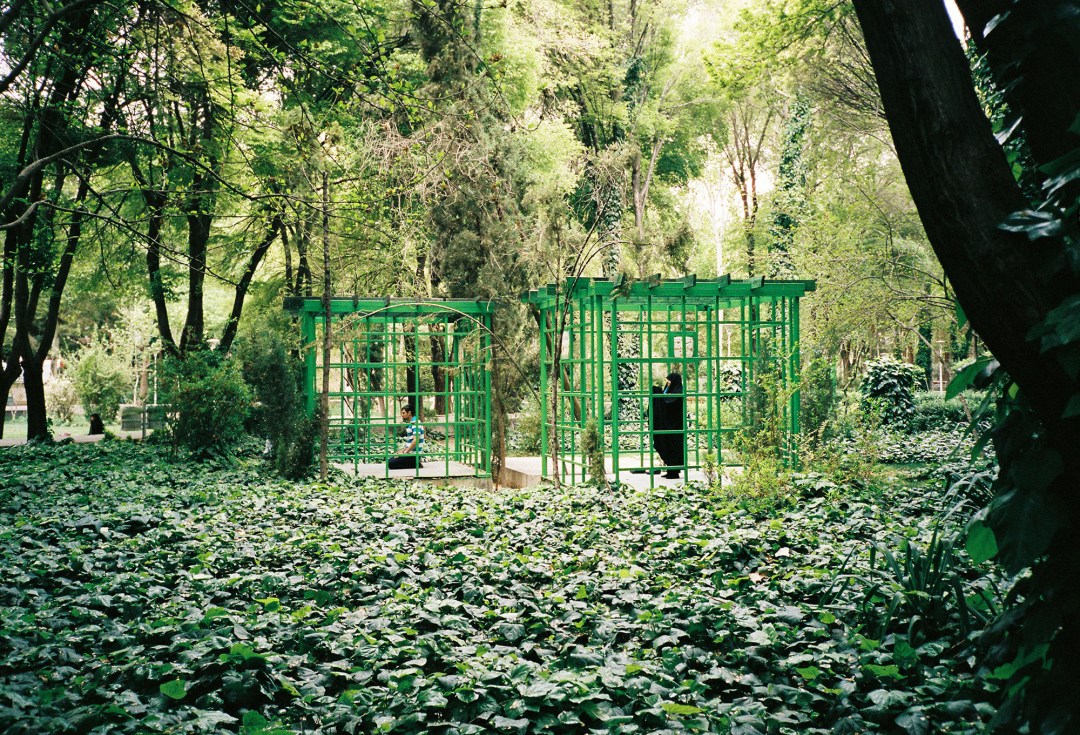
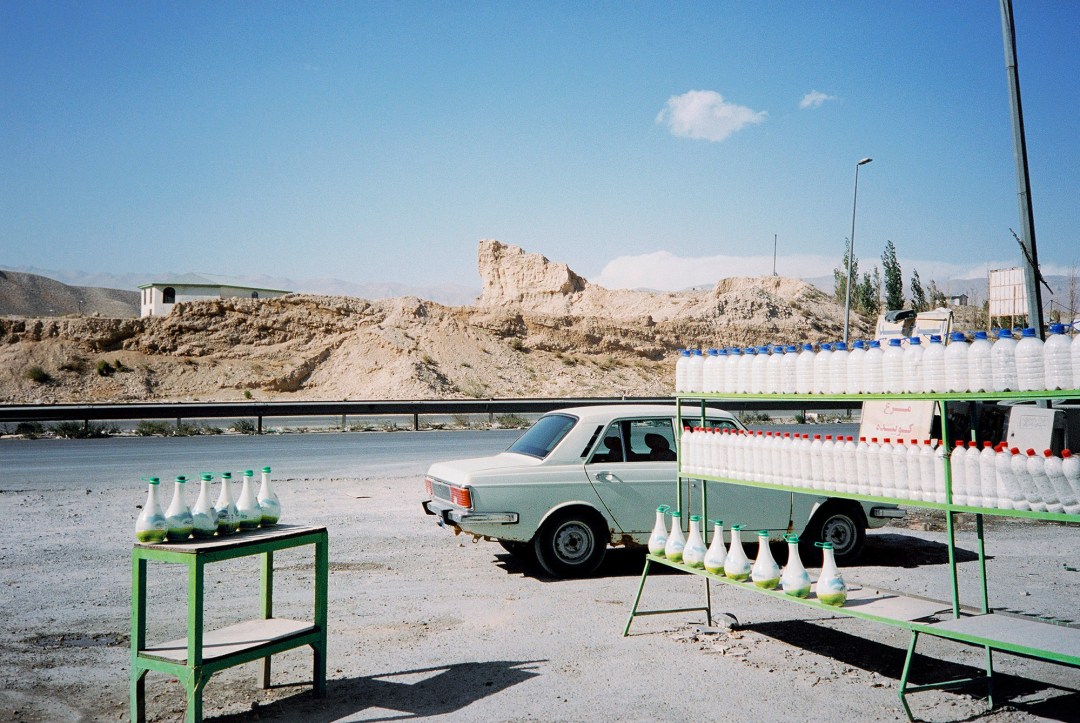
What are some of your current projects?
I have been developing projects in Iran for the past four years. Focusing on its society and people has become one of the main themes of my photography. I am deeply passionate about this country. I also pursue projects in France, where I am working on several projects, spanning from the rights of mentally disabled children to the personal story of my grandmother.
Regarding your project in Iran: What is your process like when you visit there? Is it more difficult to go and have you ever encountered any resistance from subjects being photographed?
While in Iran I take road trips through the country in search of something that can shape my body of work. I document the people and places I discover along the road. Iranian people are incredibly hospitable, I have rarely had resistance from subjects about being photographed. But it is also up to the photographer to feel whether it is appropriate or not to ask in some situations.
In your travels in Iran, what have you learned about the country and its people? Have you discovered any misconceptions?
I have learned much about Iran during my research and travels, about its history, its culture and traditions, its rich nature and its breathtaking landscapes. But the most important insights have come from the Iranian people, who are amongst the most hospitable and generous persons I have ever met. This blew my mind from the first trip and still does every time I return. I believe the news related to political and social situations which are passed by the western media really don’t give a fair picture of what Iran is like. There is so much more to the country than that.
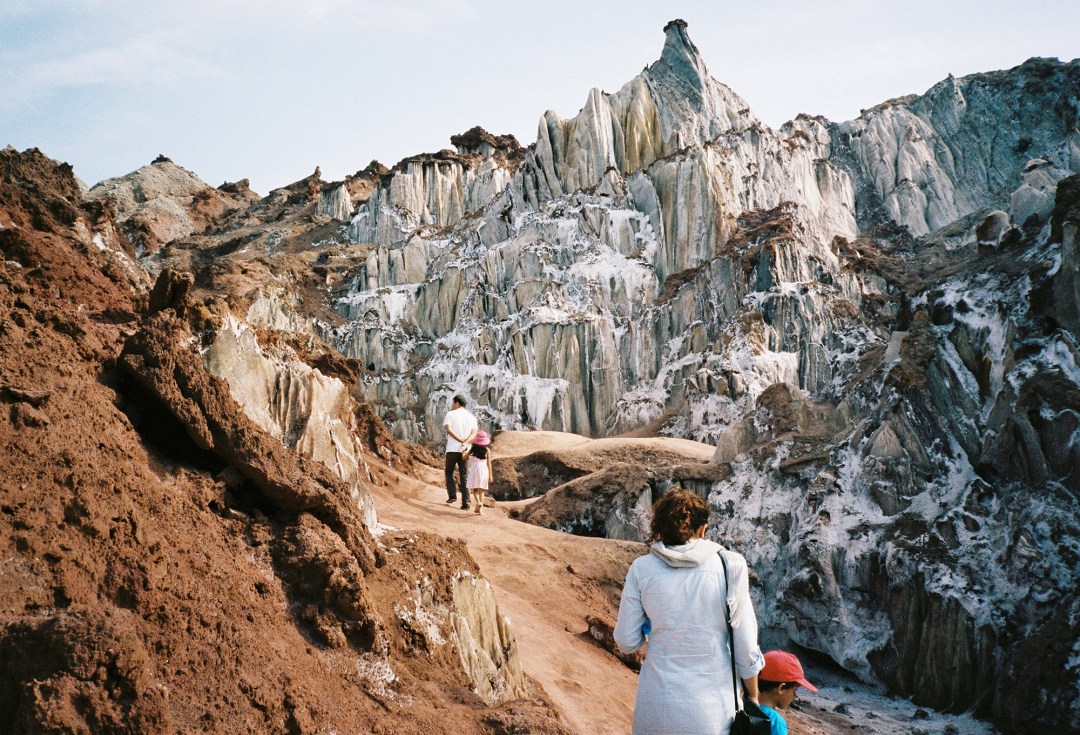
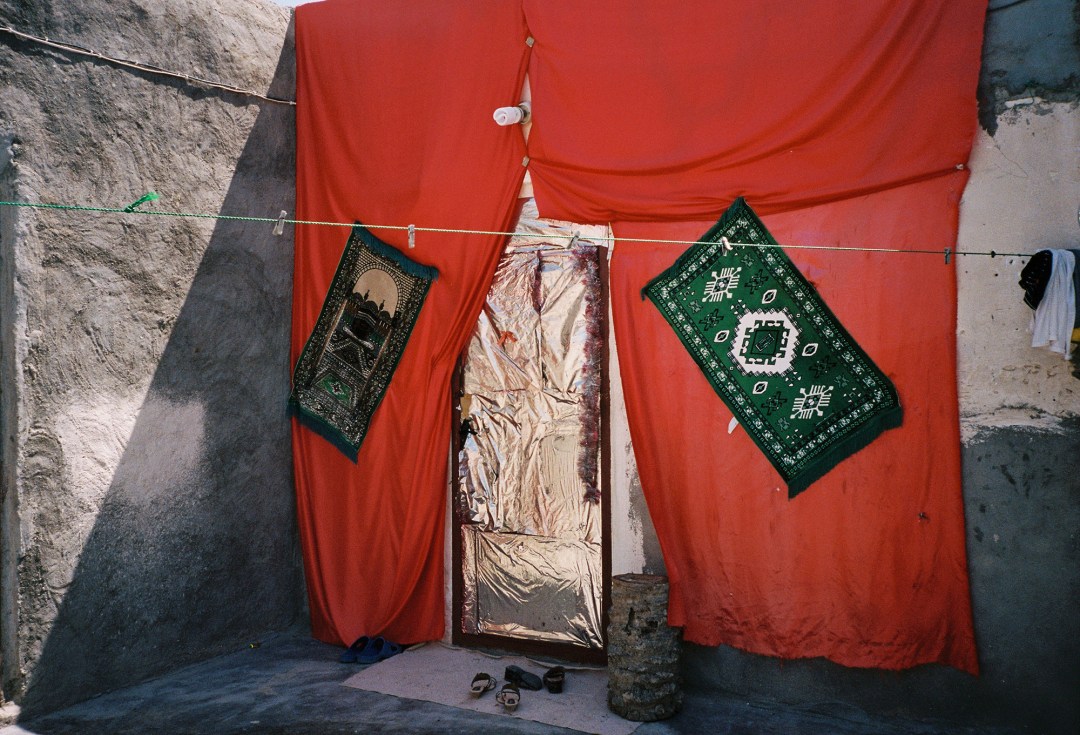
What was the inspiration behind your project photographing mentally challenged children in France? What are those shooting experiences like and how have they reacted to the work?
The children and their mother opened their lives to me in a very generous way since the first phase of work in 2014. We got along very well and have since become very close. The kids are used to seeing me around with my camera, or even without, we share time together every time I am in France. The intimacy we have built up definitely benefits the quality of the work I am producing. They are very real and themselves in front of the camera, and they let me show the reality of their life.
With these children, you are living each day in the moment, in a very loving and generous way. It is hard to describe, rather something to experience. They have taught me so much about tolerance, acceptance and courage. Their life is also made of their struggles to find integration into society, to access education and medical care, to deal with people’s judgement. Their mother Élodie is fighting to make changes happen and improve the situation of her children and all children affected with mental disabilities, and believes sharing her story through my work is a way to increase awareness. I have been working for years to provide an intimate insight into the under-reported challenges those children and families face at a national level, and relate how they respond to issues in relation to their civic rights. This is an ongoing project that I will continue for years as the children will evolve through life, become adults and face new challenges.
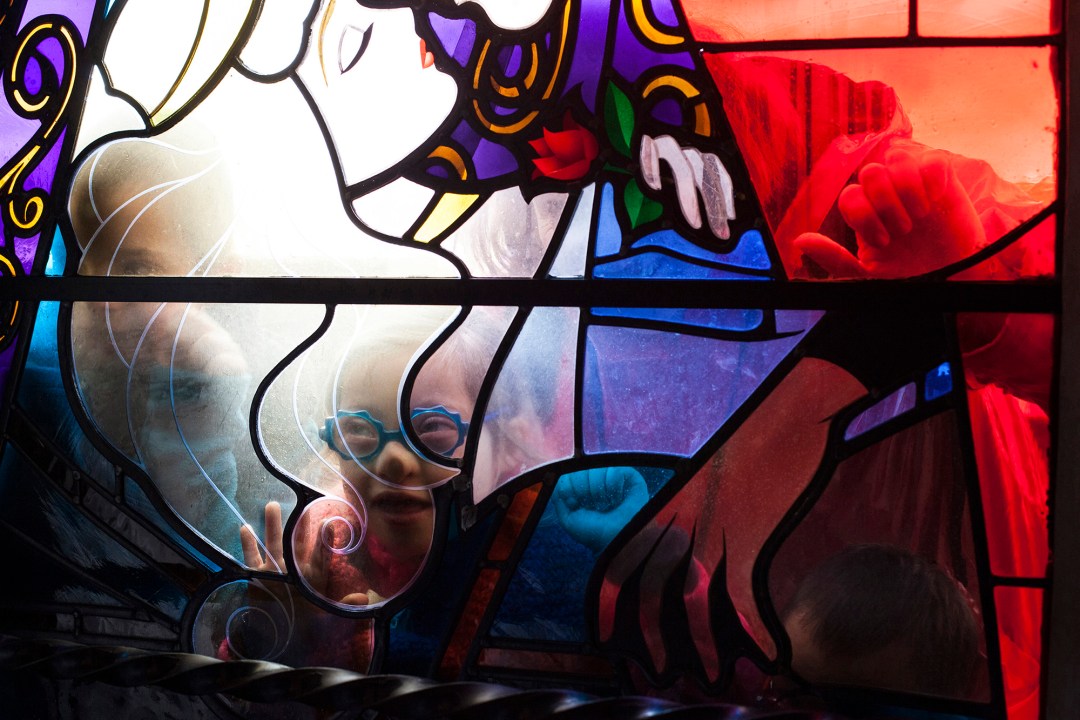
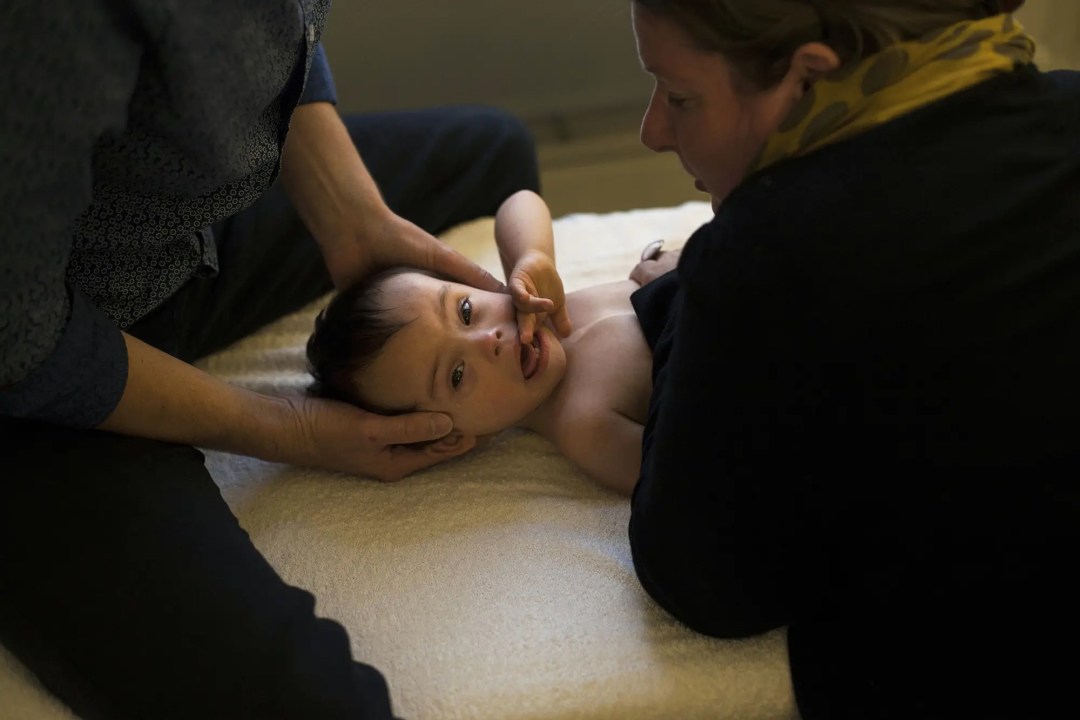
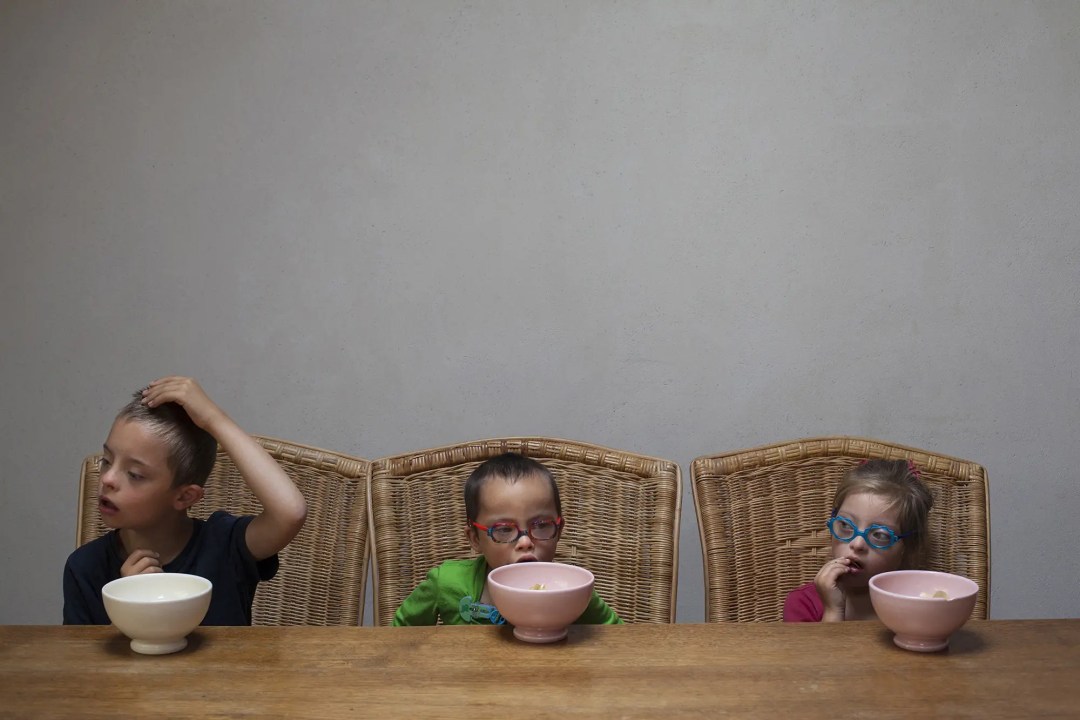
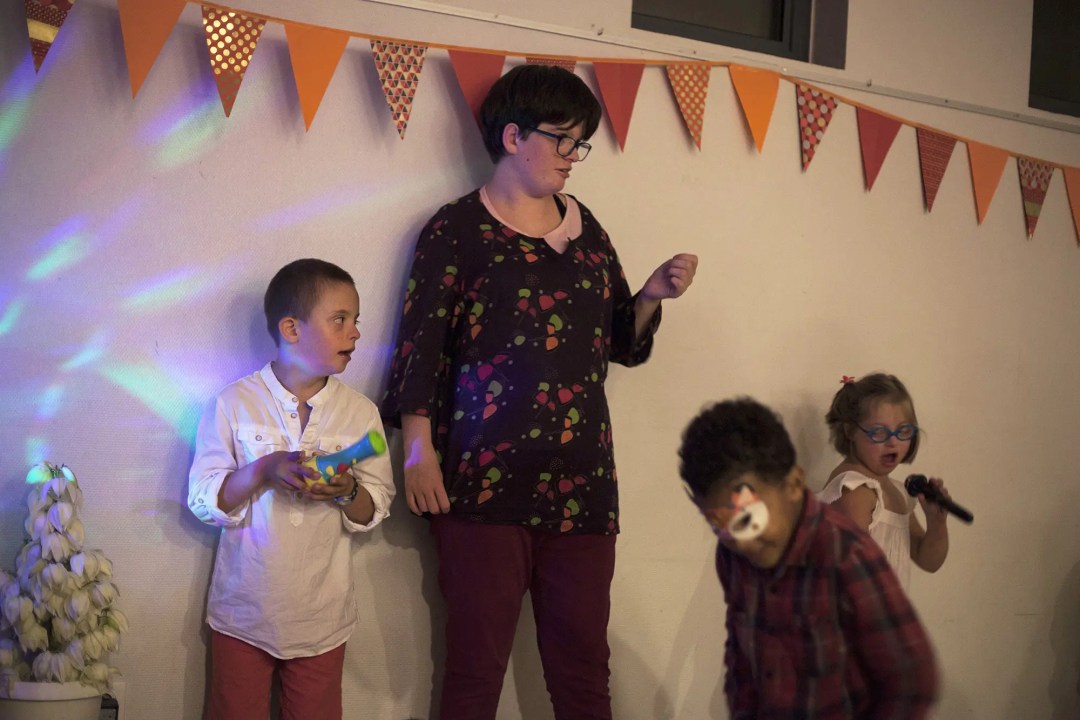
What are some of the biggest challenges you face with your work?
I would say the main challenge I face with my work is the time I can dedicate to it. Personal long-term projects are hardly those from which you make a living, so you have to find time and make them fit with the rest of your schedule. And too often it feels like you are not moving forward with them as fast as you would like to.
What photo are you most proud of and what was the process in creating it?
I can’t pick just one photo I am most proud of, but if I had to choose some I would say the portraits I have taken of my grandmothers. The process for creating them is simply us spending time together with a lot of love and trust.
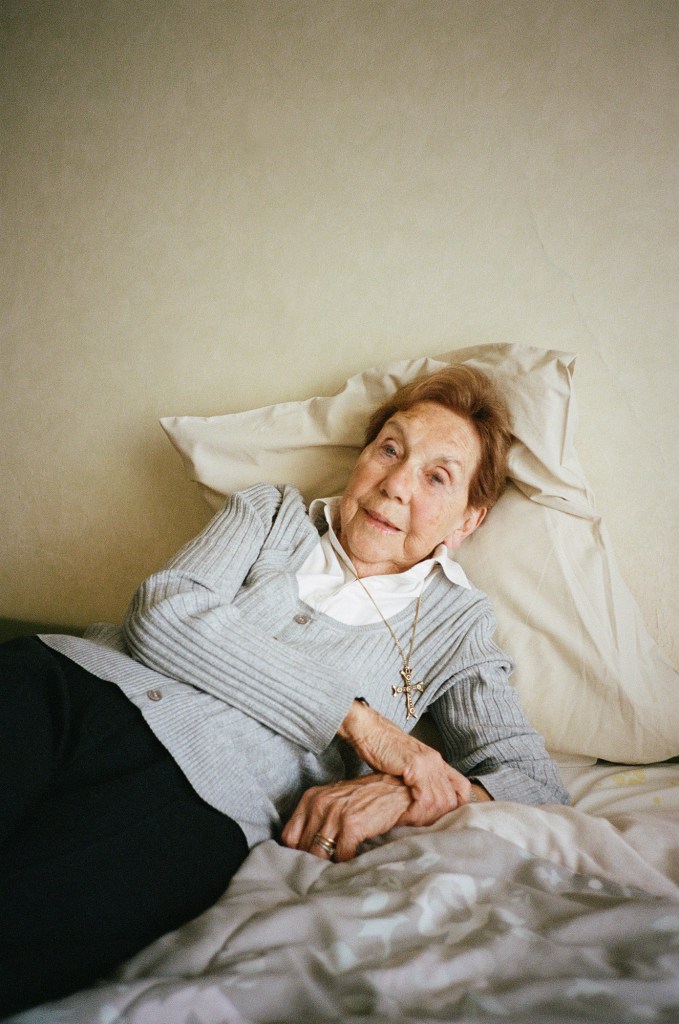
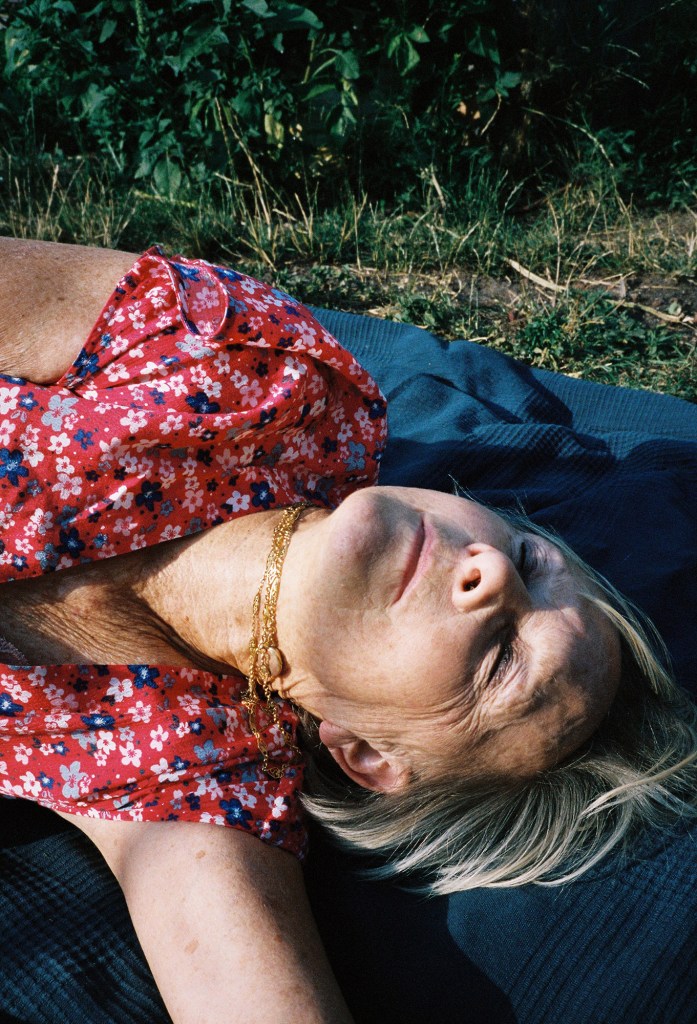
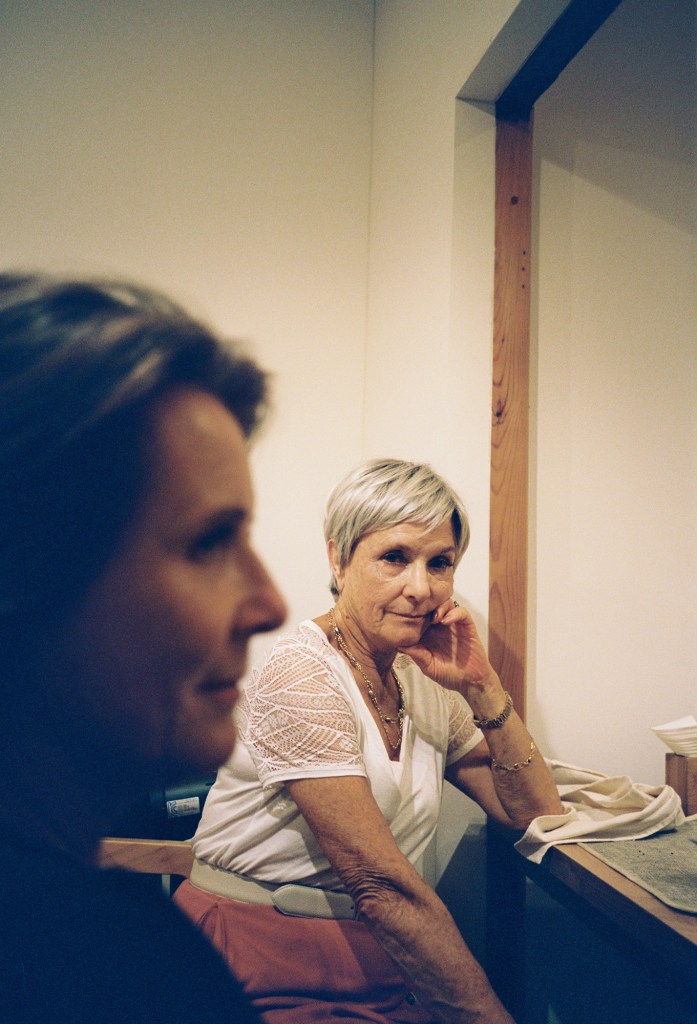
If you had to introduce someone to photography using one photographer as an example, who would you choose?
There are many, but I would pick the photographer I first discovered and was inspired by to get into photography, Philip-Lorca diCorcia.
Which photographers are you currently following?
Again, there are so many of them ! Amongst the latest ones I discovered and follow, I really love the work of Francesco Anselmi, Shayan Sajadian and Nadine Ijewere.
What equipment do you most enjoy using? (Camera, film, lenses, etc.)
I love shooting with analog cameras. My favorites are my Mamiya 645 and my Leica Mini point-and-shoot. Most often my cameras are loaded with Kodak Portra films.
Do you have any future projects in mind?
Yes! I would like to explore other situations and stories related to people with disabilities in France through a different perspective, but nothing concretely planned yet. I hope it will happen in 2021 but there is a lot of research and preparation to do beforehand.
See more of Laure’s work on her website and Instagram.
If you are or know of a photographer you’d like us to interview, please reach out via email to contact@fstopcameras.com.
Follow Casual Photophile on Facebook and Instagram
[Some of the links in this article will direct users to our affiliates at B&H Photo, Amazon, and eBay. By purchasing anything using these links, Casual Photophile may receive a small commission at no additional charge to you. This helps Casual Photophile produce the content we produce. Many thanks for your support.]
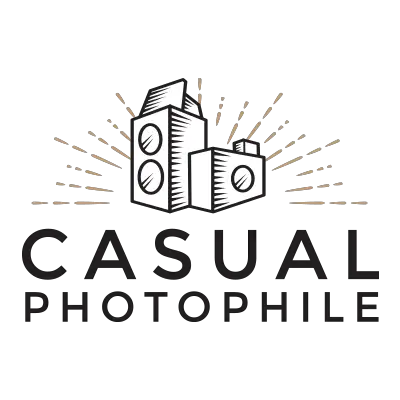
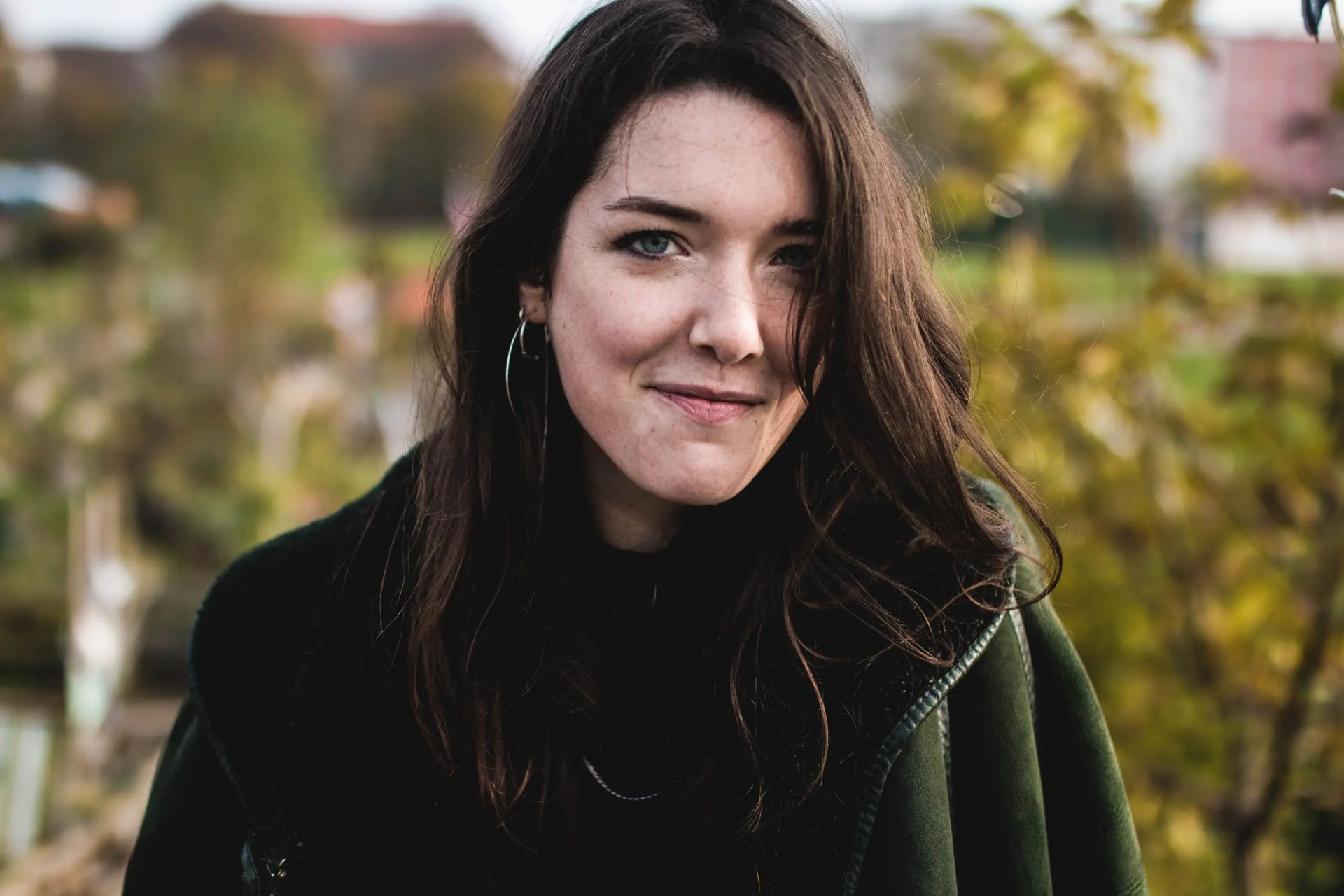
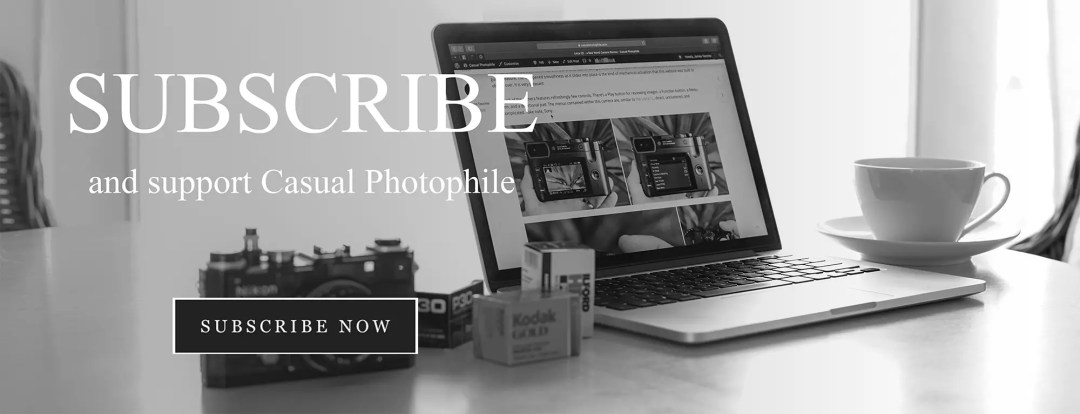
Interesting work, would love to see more. Iran is indeed far more complex than a quick article in the NY Times or the Guardian.
But at the end of the day, the regime hangs Gay men or forces them to undergo sex-change operations on pain of death, murders civil protesters on an industrial scale, underwrites 3 civil wars, several terror organizations and proliferates weapons of mass destruction, all the while forcing its populace to live a constricted life.
I wish the people Liberation from this nightmare. But this is what matters